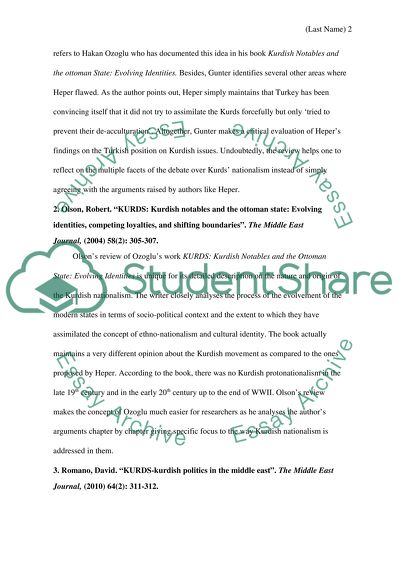Cite this document
(“Kurds and the Debate over Stateless Nation Essay”, n.d.)
Retrieved from https://studentshare.org/geography/1473255-about-kurd-and-they-are-stateless-nation
Retrieved from https://studentshare.org/geography/1473255-about-kurd-and-they-are-stateless-nation
(Kurds and the Debate over Stateless Nation Essay)
https://studentshare.org/geography/1473255-about-kurd-and-they-are-stateless-nation.
https://studentshare.org/geography/1473255-about-kurd-and-they-are-stateless-nation.
“Kurds and the Debate over Stateless Nation Essay”, n.d. https://studentshare.org/geography/1473255-about-kurd-and-they-are-stateless-nation.


